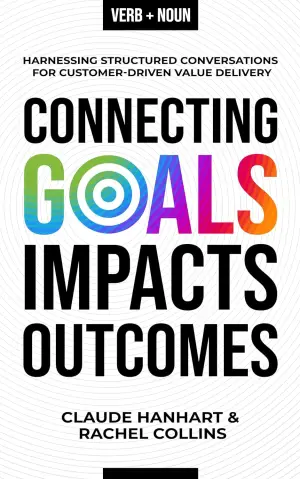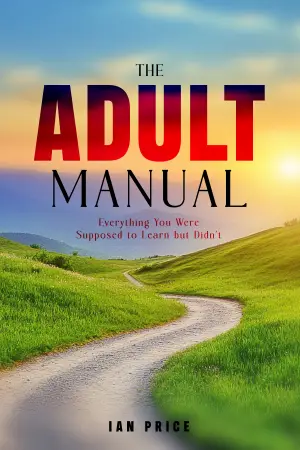I recently completed Ted Chiang’s “Exhalation,” a collection of nine stunningly original short stories that explore some of humanity’s oldest questions and the new quandaries only Chiang could imagine. As a long-time lover of science fiction, I was drawn to this book not only because of its national bestseller status but also due to the compelling premise that’s evident in the description. I wanted to dive into a work that prompted deep reflection, and I was eager to see how Chiang’s writing has evolved from his previous collection, “Stories of Your Life and Others.”
From the very beginning, I was captivated by the first story, “The Merchant and the Alchemist’s Gate,” which ingeniously weaves time travel into a narrative about redemption and forgiveness. Chiang’s ability to tackle profound themes like our mistakes and the opportunities for change is nothing short of masterful. As I moved through the stories, it was rewarding to see how each one presented a unique lens through which to view complicated concepts like free will, artificial intelligence, and the very nature of existence.
Two particular stories left a lasting impression on me: “Exhalation,” where an alien scientist grapples with life and extinction in their universe, and “Anxiety Is the Dizziness of Freedom,” which dares to explore the philosophical implications of alternate realities. In both instances, Chiang’s writing is not only thought-provoking but also emotionally resonant. Furthermore, the detail and clarity of his world-building captivated me, making each setting feel vivid and alive.
However, I would be remiss not to mention some of the criticisms I’ve come across regarding this collection. A few readers have expressed that some stories may come off as challenging or even difficult to digest at times. I can understand that perspective; Chiang doesn’t shy away from complex ideas. While I found these elements rewarding, some parts of the narratives invite a level of contemplation that may leave casual readers feeling a bit lost. For example, in “The Lifecycle of Software Objects,” which explores our ethical obligations toward AI, the intricate details regarding AI development and societal implications might overwhelm those new to the genre.
Another point of critique is the pacing of certain stories. As Joseph Psotka mentioned in his review, he found himself wishing certain narratives would continue as they felt just as they were gaining momentum. I concur with this sentiment; there were multiple occasions where Chiang constructed such rich and intricate layers that I yearned for more exploration.
That said, the rewards of reading “Exhalation” far outweigh these drawbacks. This collection is a testament to Chiang’s literary craft, marrying scientific inquiry with deep ethical and emotional questions. Customers have described the stories as thought-provoking and rich in concept, and I couldn’t agree more. Each story feels like an invitation to engage in a conversation, often lingering in my mind well after I turned the last page.
In conclusion, “Exhalation” is a brilliant collection that does indeed meet the expectation set by its description as a “national bestseller” and one of “The New York Times Best Books of the Year.” It is a collection that offers not only original and provocative narratives but also pushes readers to think critically about the world and our place in it. While some may find the depth of the ideas challenging, I believe this makes the collection even more rewarding for those willing to invest their time and thought.
If you are a fan of speculative fiction or are simply seeking narratives that delve into the complexities of existence, I wholeheartedly recommend “Exhalation.” It’s a literary journey well worth taking.








